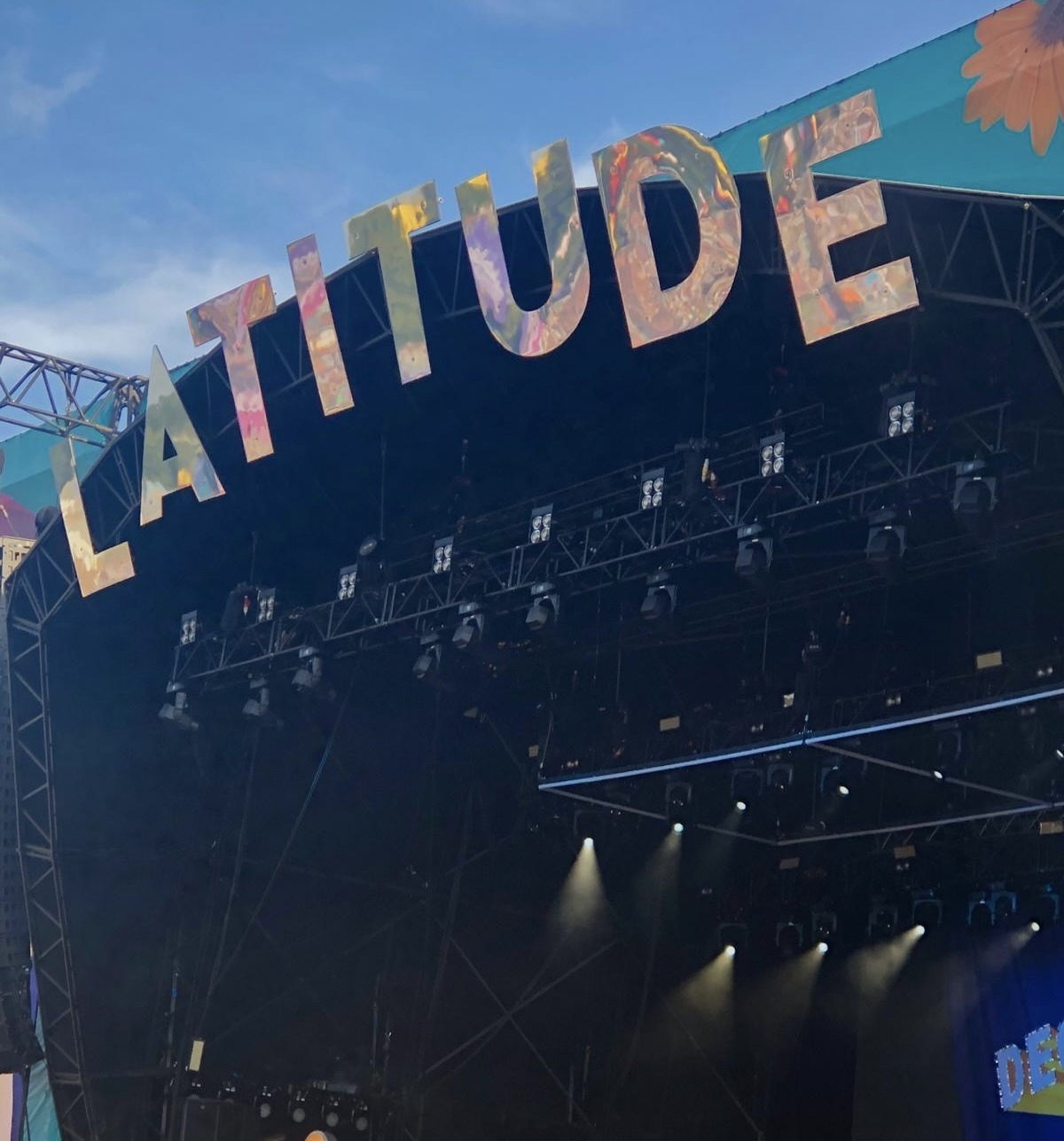HEadliners – Latitude Festival’s streak of male-dominated headliners continues into 2025
Latitude Festival, with its kitsch pink sheep and family-friendly reputation, takes place annually in Henham Park, Suffolk, attracting around 45,000 festival-goers each year. A diverse line-up is always offered, spanning from live music to comedy. The first names to be announced however, and therefore the ones that garner the most publicity and attention, are always the three headliners. The names for 2025 were announced at the end of October, with Fatboy Slim, Snow Patrol, and Sting taking these top spots. These three acts are the latest additions to a disappointing trend that has emerged at Latitude over the past few years: once again, the three headliners are all male.
Back in 2019, The British Festival Report found Latitude to be “the most gender-equal” festival in the country. 40% per cent of the 2019 line-up identified as female, and 60% were male. However, upon assessing the headliners of recent years, a very different image emerges. Out of all of the Latitude headliners since 2019 (the year the report was published), up to and including the recently announced names for 2025 (excluding the cancelled festival in 2020), a shocking three out of eighteen were female or contained a female member.
Glastonbury did notably offer up SZA and Dua Lipa as two out of their three leading acts in 2024
This is not to say that the headliner gender imbalance is a Latitude-exclusive problem. Take Reading and Leeds Festival for example: out of their six headliners in 2024, only one – Lana Del Rey – was female. However, Glastonbury did notably offer up SZA and Dua Lipa as two out of their three leading acts in 2024, showing that, at least on the Pyramid stage, female artists are welcome in these top spots. Why then are female headliners such a rarity in recent years elsewhere on the British festival circuit?
It is somewhat difficult to find detailed, concrete information on precisely how headliners are decided and allocated. Published interviews with Melvin Benn, managing director of Festival Republic (the company that runs some major UK festivals including Latitude, Reading & Leeds, and Download), often reference ‘discussions’ that lead to ‘bookings’, a rather vague chain of events that fails to go into finer detail about the selection process and the reasons why certain artists are considered and contacted.
Artist availability is, of course, also a factor. The dates of the festival must work with a chosen artist’s other commitments, such as a tour. The three acts that secure the headline spots then, are likely the result of a combination of factors: discussions over who the festival’s audience will enjoy most, artist availability, and efforts to craft a unique, curated programme of events to suit the desired atmosphere of each festival.
My suggestion is not that there should be a 50/50 gender split across all acts at Latitude, nor that the roles should now entirely reverse, and we receive three female headliners (although one must question why that feels like an unrealistic prospect given recent years), which perhaps runs the risk of being seen as little more than a tokenistic gesture. It is also not simply a ‘dig’ at the three chosen names, who are each renowned artists in their own right. Plus, the reason the festival is so enjoyable overall for many, speaking from experience, actually has very little to do with who the headliners are. There is plenty of variety on offer across the various stages, including a plethora of immensely talented emerging artists, and this aspect of the festival should not be downplayed or disregarded by solely focusing on these three acts.
The music scene is so incredibly diverse, and it seems like a huge shortcoming for such a popular festival to continuously choose to showcase such a narrow demographic of artists in the most lucrative slots
However, especially from the perspective of a female attendee, things are beginning to feel stagnant, and a quick scroll through the Instagram comments on the 2025 announcement post confirms that this is a shared feeling among a number of attendees. Snow Patrol, for example, headlined the festival a mere two years ago in 2022. How can Latitude insist in their charter that they are “not passive about the work that needs to be done” regarding gender equality at the festival when the same all-male band have secured a headline spot multiple times in recent years? This is essentially the very definition of a passive choice.
The music scene is so incredibly diverse, and it seems like a huge shortcoming for such a popular festival to continuously choose to showcase such a narrow demographic of artists in the most lucrative slots. Rather uninspiring, to say the least, and something that unavoidably raises questions on the overarching image Latitude wishes to portray as a festival and a platform for artists.
In a recent interview with Rolling Stone on the relaunch of Festival Republic’s ‘ReBalance’ initiative (intended to support female musicians as they break into the industry), Benn insisted that “a new brigade of festival headliners are set to arrive very soon”, hinting heavily at efforts to increase inclusion of female and non-binary acts. However, it seems that, at least in the case of Latitude, fans will be left waiting for the arrival of this ‘new brigade’, as the 2025 offerings once again fail to deliver on this particular promise.

Comments